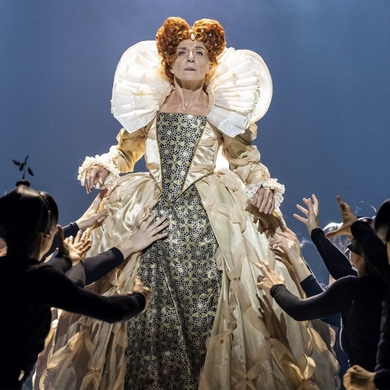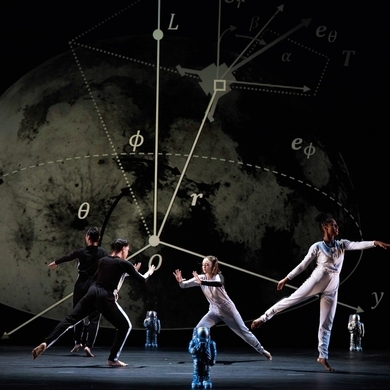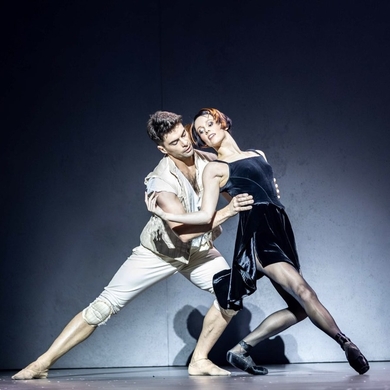The stock market had crashed. The Great Depression was robbing people of work and dignity. Families were on the move, looking for a living. Welcome to 1930s America. Artists, meanwhile, were developing new techniques to document the struggle. One of the greatest artists birthed in the 30s was the dancer and choreographer Martha Graham, born in Pennsylvania in 1894, raised in California, schooled at Denishawn, and just coming of age. Creating a dance technique based on a more weighted connection to the earth, contraction and expansion, stillness and psychological truth, Graham’s vocabulary of movement was new-minted, the result of endless experiment alone in a studio. As part of the Metropolitan Museum of Art’s exhibition “Art for the Millions: American Culture and Politics in the 1930s,” six of Graham’s astonishing early solos will be presented in pop-up performances in various Met galleries. The dances are: Lamentation (1930), Satyric Festival Song (1932), Ekstasis (1933), Spectre–1914 (1936), Immediate Tragedy (1937), and Deep Song (1937). —Laura Jacobs
Arts Intel Report
Radical Dance for the People: Martha Graham Dance Company

Xin Ying in Martha Graham’s Immediate Tragedy.
When
Oct 7–10, 2023
Where
Etc
Photo: Melissa Sherwood



